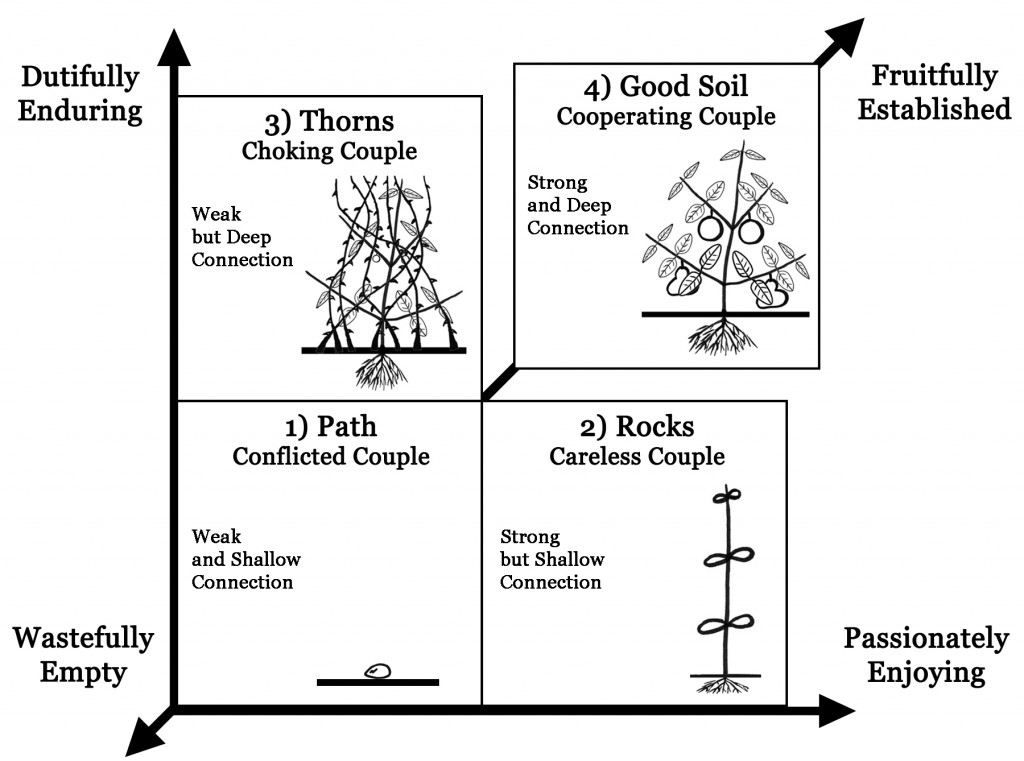Reading time: 1 minutes
While you’ll see I’ve posted in several different categories, I write through one primary lens: identity. I want everyone to understand their God-given identity. Here are my top core beliefs about identity:
- God knew who you were before you were conceived, therefore, you’re not a random occurring life form. You’re an intentional work of art.
- You can’t be anything you want to be, but you can be more of exactly who God made you to be.
- You can have true freedom and fulfillment only when you accept and grow in your God-given identity.




